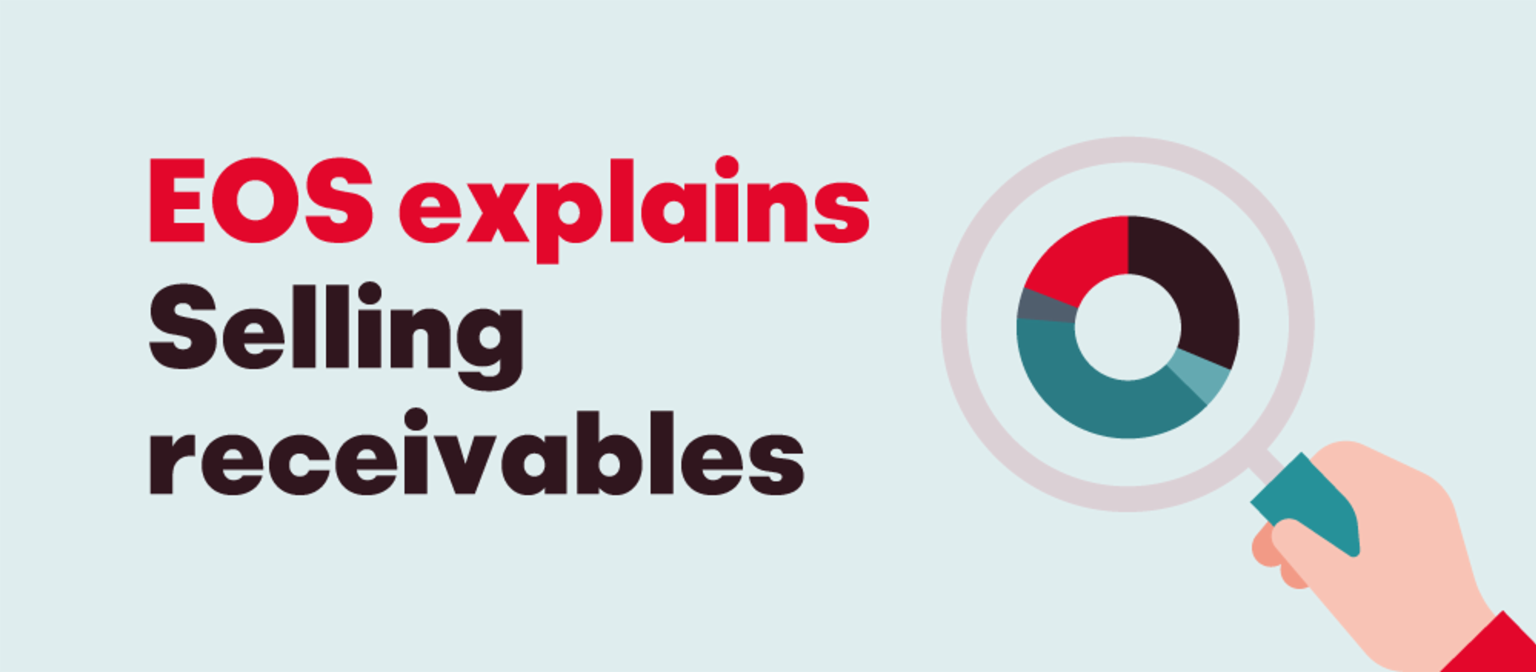When a company sells its receivables it transfers a combined package of invoices owed to it by its customers to a buyer, for example a debt collection company. Unlike fiduciary collection, ownership of the receivables sold is transferred to the buyer. The seller therefore no longer owns the claims or has the default risk. This means that the seller can remove these receivables from their balance sheet and plan with certainty using the liquidity acquired.
Selling receivables can benefit companies from a wide range of sectors, for example online retailers, energy utilities or banks that wish to get rid of distressed receivables or non-performing mortgages.
Depending on the time of the sale and the status of the receivable, a distinction is made between factoring and the traditional sale of receivables. If the receivable is not yet overdue the process is called factoring. In the case of the traditional selling of receivables, the outstanding receivable is already overdue. Debt collection companies specialize in buying and recovering these overdue or legally enforceable receivables. Generally, these bad debts are combined and sold as receivables packages/portfolios.







